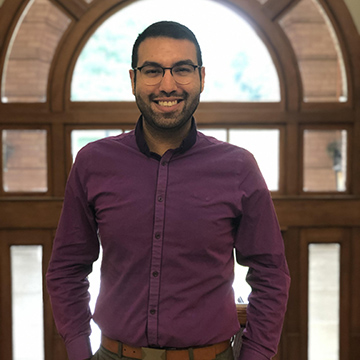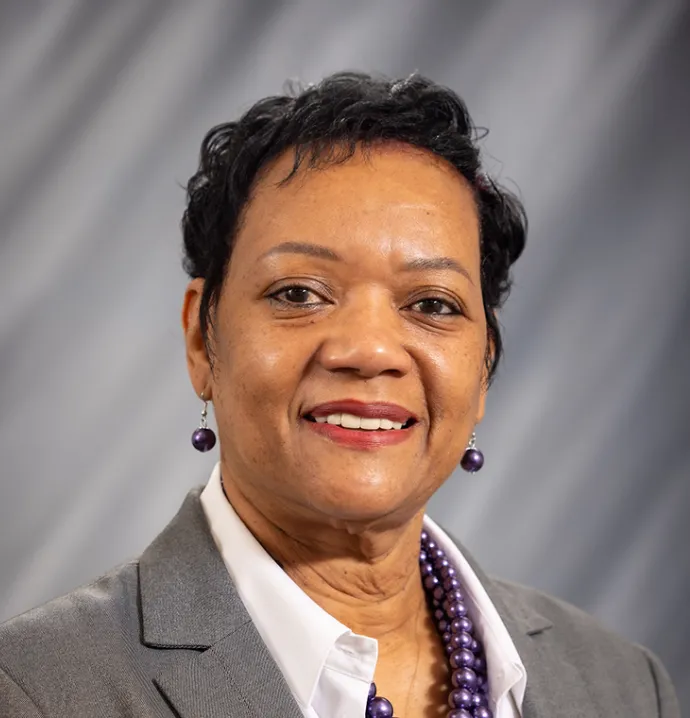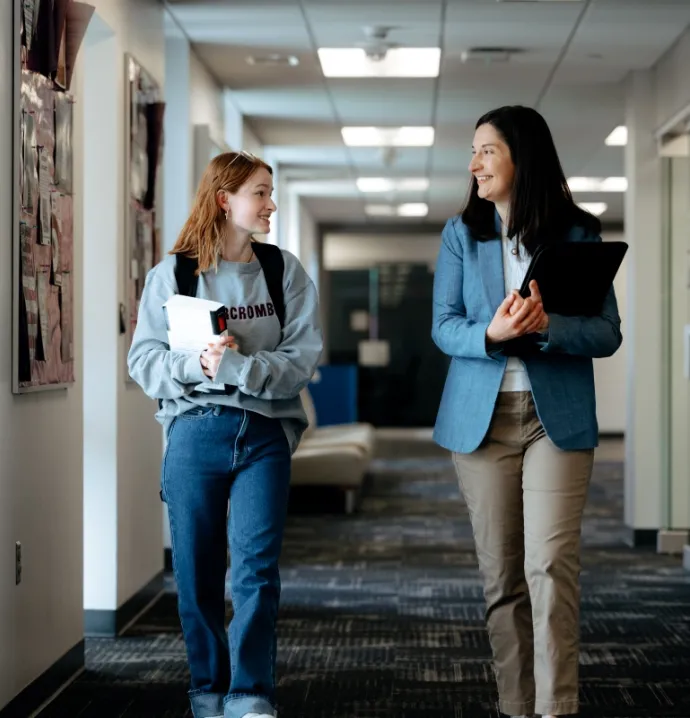20 under 40: Breaking down barriers
20 under 40: Breaking down barriers
As a first-generation, low-income Latino from a single parent household, Jesus Lizarraga-Estrada can relate to the struggles of underrepresented students.
Now the associate director of freshmen recruitment and access at UNI, Lizarraga-Estrada is working to break down the barriers for minoritized populations to access higher education and succeed on campus, and his work landed him on the Waterloo Courier’s “20 under 40” list in 2020.
Lizarraga-Estrada grew up in a low-income household. His mother made less than $20,000 a year as a machine operator at a factory in Mt. Pleasant, but she was adamant that Lizarraga-Estrada, her only child, attend college.
“She always cultivated a sense that going to college was not an option; I was going to college,” Lizarraga-Estrada said. “We just didn’t know how to get there.”
But he got there, and he flourished. Lizarraga-Estrada enrolled in Muscatine Community College before transferring to UNI after learning about the university from Paul Sapp, UNI’s associate director of transfer recruitment, at a college fair. Lizarraga-Estrada graduated from UNI in 2013 with a bachelor’s degree in business management and earned a master’s degree in 2017 in student affairs. The experience cultivated a deep commitment to helping underrepresented and low-income students succeed in higher education.
“My passion is rooted in identifying the barriers that I saw when I was going through the college process,” Lizarraga-Estrada said. “What I think about now is how I can pay it forward and help eliminate those barriers for those who come after me.”
Lizarraga-Estrada also pointed to one of his mentors who helped jumpstart his career in higher education - Juanita Wright, who worked in admissions and financial aid at UNI for over 40 years.
The barriers to higher education are systemic and institutional, Lizarraga-Estrada said. Many colleges use ACT and SAT scores for admissions and scholarship requirements, and studies have shown that minoritized students score lower on those tests. Language can also be a barrier if college admissions materials and emails are only in English.
Lizarraga-Estrada is helping implement changes to help UNI overcome those barriers after joining the admissions team in 2019. Admissions director Terri Crumley said his contributions to the university have been invaluable.
"I am so thrilled Jesus is getting well-deserved praise for his work at UNI,” she said. “He is well known throughout the state for being a staunch and effective advocate for our underrepresented students. He's an amazing person and professional, and I'm truly honored to work with him."
UNI dropped ACT and SAT requirements and is using GPA to determine eligibility for scholarships, including the UNI-T.E.D. scholarship, which offers up to $2,000 a year to students from underrepresented populations. There are links to convert admissions pages to Spanish on UNI’s website to improve accessibility. Lizarraga-Estrada has also been intentional about hiring a diverse team of admissions counselors.
“My current staff is the most diverse staff we’ve ever had,” Lizarraga-Estrada said. “We have people who speak different languages, which truly reflect the growing population that we're seeing not only in Iowa, but in the country as well.”
In addition to his work on the admissions team, Lizarraga-Estrada is also sitting on the President's Council for Inclusion, Transformational Social Justice & Advocacy, formerly known as the Diversity, Equity and Inclusion committee. There, Lizarraga-Estrada hopes to listen to students, faculty and staff from historically marginalized BIPOC communities.
“I am there to challenge a system in place that was intended to benefit a group of folks and exclude others,” Lizarraga-Estrada said. “I am there to dismantle, reimagine, reconstruct systems and change paradigms.”
But Lizarraga-Estrada’s work is never done. True equality is an ideal that will likely never be reached, but is something UNI must always seek, he said.
“We're doing a lot of great things, and we may strive for progress, but if a student came to me today and said ‘you're not doing enough,’ I would say, ‘you are right,’” Lizarraga-Estrada said. “The work is always continuous. This is years and years of systemic oppression we’re trying to overthrow, and it’s not going to happen overnight.”




